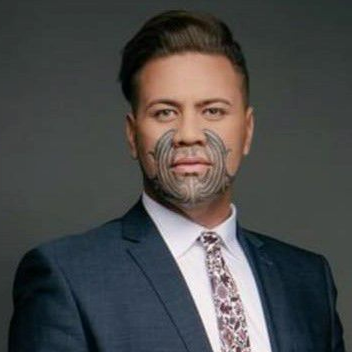It’s the longest lockdown to be seen in New Zealand, once again, Aucklanders bearing the brunt in the fight against Covid-19, in its fourth week in Level 4
Takutaimoana Kemp is the CEO of the Manurewa Marae, the organisation at the coal face in the fight against the Delta strain. She says her community is "over it".
“We know aye, that's not good for our wairua or our hinengaro to be locked up,” she says.
However, Health director-general Dr Ashley Bloomfield is confident adequate mental health and well-being services are available to people in Auckland. He also highlights the stigma attached to the virus and how this can affect the people at the centre of the outbreak
“Having Covid-19 often people are unwell but also there is a little bit of stigma and other things that can go around it.”
“I know that our public health teams do keep in contact with and provide support to whānau to individuals who are discharged back out of quarantine into the community and it's great to see many people now have recovered.”
1737 are here to support
In a statement, Andrew Slater CEO of the free counselling service said that from when Aotearoa went into Alert Level 4 lockdown on August 17, the mental health services have answered a total of 17,363 contacts.
"This figure includes calls and texts to 1737. This is an average of 643 contacts a day across the 27-day period. There are fewer people contacting us during this lockdown than during the country’s first L4 lockdown in 2020," he said
“Our kaimahi are telling us that New Zealanders are well prepared in their lockdown bubble routines across the motu. Our teams are supporting callers to put plans in place for right-here-right-now. We are encouraging everyone to be easy on themselves and those around them."
However, Takutaimoana Kemp is concerned about the issues whānau experience, which are compounded as a result of lockdowns but she is certain the extension was the best way to get ahead of the virus.
“Kai is big priority, We are now getting reports of whānau not paying their rent or their power because they're using that putea to buy more kai for their whānau so they're going to have other issues after lockdown. Housing issues.”
Prime Minister Jacinda Ardern says she is aware of the impacts that lockdown has on the whole whānau. The goal, therefore, is to get things back to normal as soon as it's safe to. She says the impact on “tamariki and rangatahi” was discussed when the cabinet made its decision to extend.
“We are concerned about those long periods of time where people aren't around friends and whānau but we also know we need to put in supports for those young people but also do as much as we can to get as much normality as quickly as possible.”


